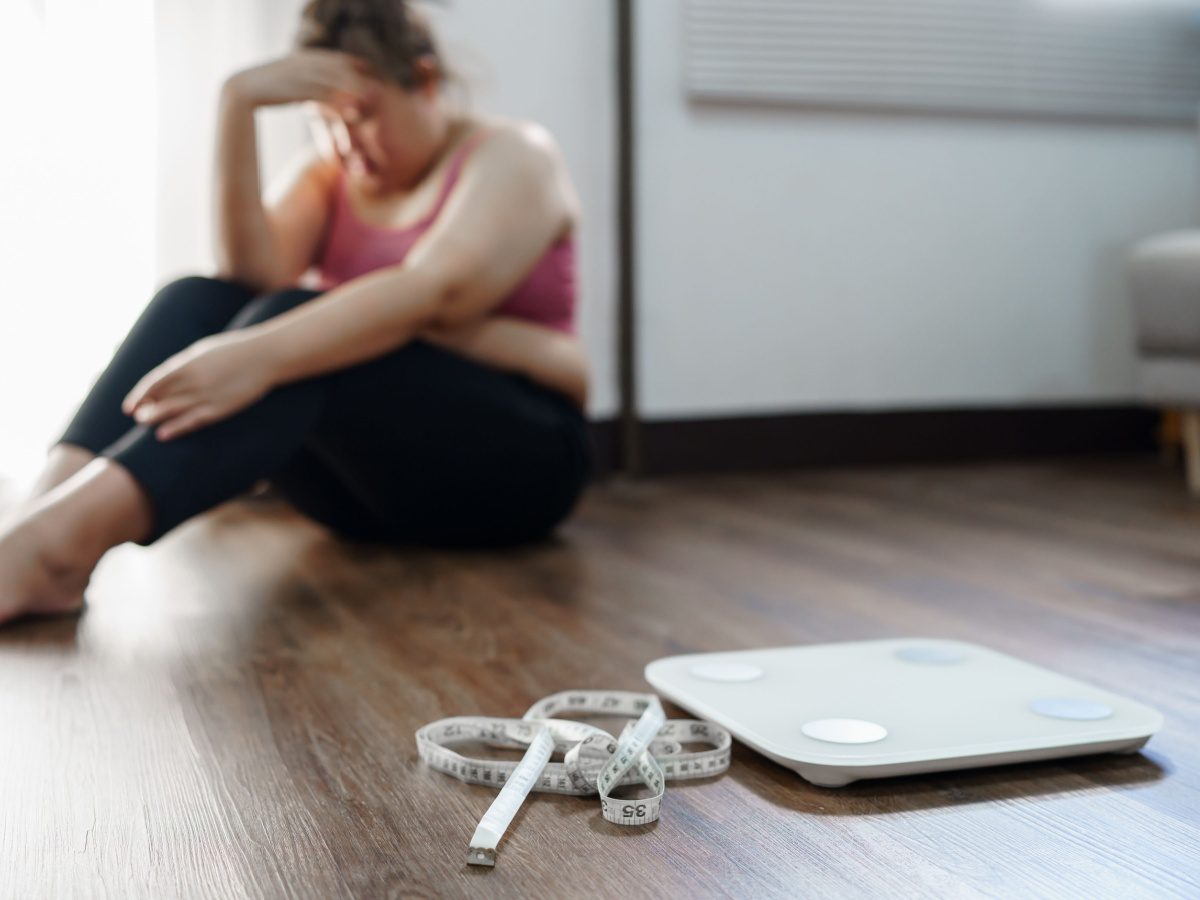
Marcin Malicki/Shutterstock.com
Cambridge scientists may have found a new way in which fasting helps reduce inflammation, a potentially damaging side effect of the body’s immune system that underlines several chronic diseases like Parkinson’s and Alzheimer’s. Fasting increases levels of a chemical in the blood known as arachidonic acid, which inhibits inflammation. The researchers believe it may also… 